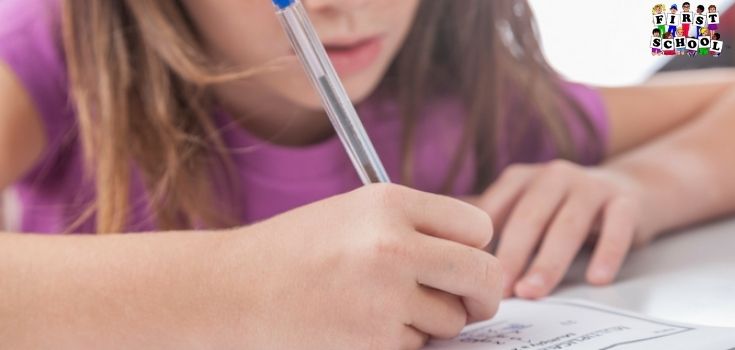

Test anxiety is common in both children and adults. It's important to teach young children how to prepare themselves for the tests they take so that their anxiety reduces over time. This allows them to be better prepared for the test and less worried about the outcome. Positive habits that are taught in the lower grades will follow them through the rest of their lives, allowing them to face stressful situations with grace and composure.

Encourage your child to go over the test material in their spare time before they have to think about taking the test. This eliminates the frustration caused by cramming the night before.
Eliminate negative and encourage positive thinking. On the morning of a test, make their favorite breakfast and create a positive atmosphere. Encourage your child to focus on the positive. Replace “I can't” with “I can!”
Also Read: Concentration Building Tips for Preschoolers
A test is only a small portion of your child's grade. Make sure they understand that, while it's important to get the best grade possible, they will have other chances to improve their grades. While tests are important, they are only a measure of what your child has learned. Encourage your child to look at the test as a way of letting them know what they need to focus on during class.
Children can do a lot to relax themselves prior to taking a test. Breathing techniques and having a set of routine in place will allow them to relax and focus more efficiently.
Create a testing routine that includes a checklist of the things they might need (scratch paper, pencil, ruler, etc.) and something they enjoy doing to help them relax. Start the morning of the test with a good breakfast and a positive reassurance to do their very best.
If your child is nervous in answering the test questions, find out what is triggering their anxiety- whether it’s a difficult question, they are struggling with time management, or anything else. Once you have identified the problem, you can work with your kids to resolve it.
Make sure that your kid is sufficiently prepared for the test. Encourage them to participate in online tests to help familiarize them with the test format and the different types of questions asked.
Keep your kids comfortable and ready for the test by:
Always answer the easiest questions first and return to the difficult ones later.
Reducing test anxiety in young children is important so that they don't continue to feed into it as they age.